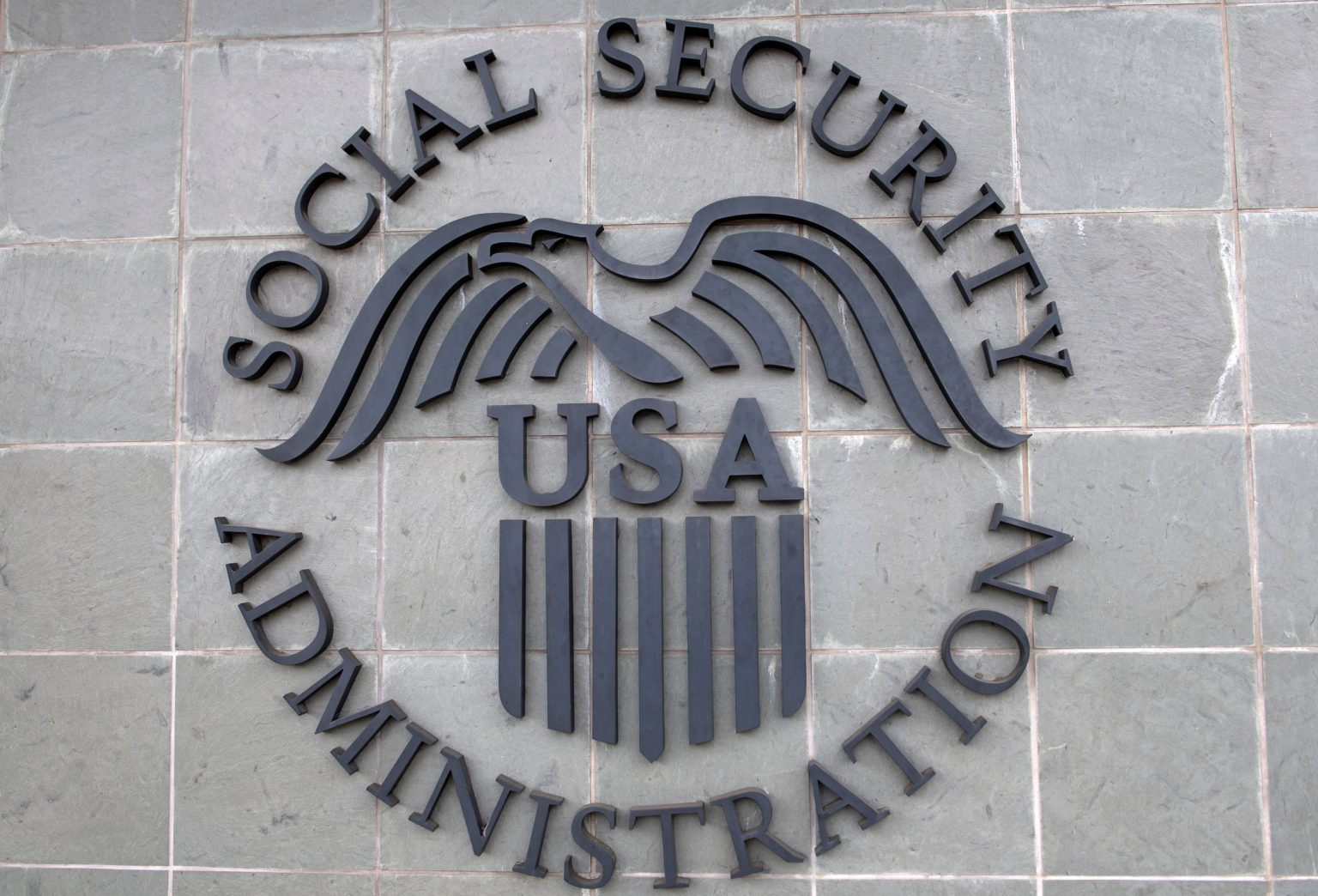Jessica Melton’s plight exemplifies the devastating consequences of Social Security overpayment errors. A disabled woman from Tennessee, Melton relied on Supplemental Security Income (SSI) for her livelihood. However, a series of miscommunications and bureaucratic errors led to the SSA demanding repayment of a $12,000 overpayment, slashing her monthly benefit to a mere $14. This drastic reduction has left her struggling to afford basic necessities and grappling with the daunting task of repaying a debt she maintains she doesn’t owe.
The case highlights the complexities and potential pitfalls of the SSI system, particularly for those whose income fluctuates or falls near eligibility thresholds. Initially, Melton was informed that the overpayment wasn’t her fault. However, the SSA later reversed its position, claiming she was responsible due to her husband’s income exceeding the permissible limit for SSI eligibility. The Meltons dispute this assertion, arguing that his income as a delivery driver remained consistently below the $3,000 monthly cap. The conflicting information and shifting explanations have left the Meltons confused and frustrated, facing a substantial financial burden and uncertain about their next steps.
Social Security overpayments, while statistically rare, represent a significant financial hardship for those affected. They often arise due to reporting delays, administrative errors, or misunderstandings regarding eligibility criteria. The SSI program, in particular, is susceptible to overpayments due to its means-tested nature, requiring recipients to regularly report income and resource changes. This reliance on self-reporting, coupled with the intricacies of SSA regulations, creates potential for discrepancies and errors, ultimately placing the onus on beneficiaries to ensure their information is consistently up-to-date.
Experts emphasize the importance of proactive communication with the SSA, urging individuals to promptly report any income changes and meticulously monitor their benefit amounts. Financial literacy instructors Alex Beene and Kevin Thompson, both from the University of Tennessee at Martin, stress the need for vigilance, advising recipients to contact the SSA immediately if they suspect an overpayment. Thompson specifically highlights the vulnerability of SSI recipients due to the program’s income-based eligibility, recommending careful monitoring and adjustments, especially for those near the income threshold.
Michael Ryan, a finance expert, underscores the complexity of Social Security regulations, likening them to a constantly changing maze. He explains that even diligently reported income changes can lead to overpayments due to processing delays or minor errors on application forms. Ryan advises anyone receiving an overpayment notice to appeal within 60 days and request a detailed breakdown of the overpayment calculation. He also points out that waivers might be available for those unable to afford repayment.
The SSA has acknowledged the financial strain overpayments can cause and has recently reduced the default withholding rate to 10% of monthly benefits, aiming to mitigate the impact on recipients. While these notices are understandably distressing, experts reassure that they are not insurmountable. By understanding the potential causes of overpayments and taking proactive steps to monitor benefits and communicate with the SSA, individuals can minimize the risk of encountering this challenging situation. For those facing an overpayment demand, timely action, including appealing the decision and exploring waiver options, can help navigate the complexities of the system and work towards a resolution. The Meltons’ case underscores the need for clear communication, timely processing, and greater flexibility within the SSI system to prevent such devastating financial hardships for vulnerable individuals.

